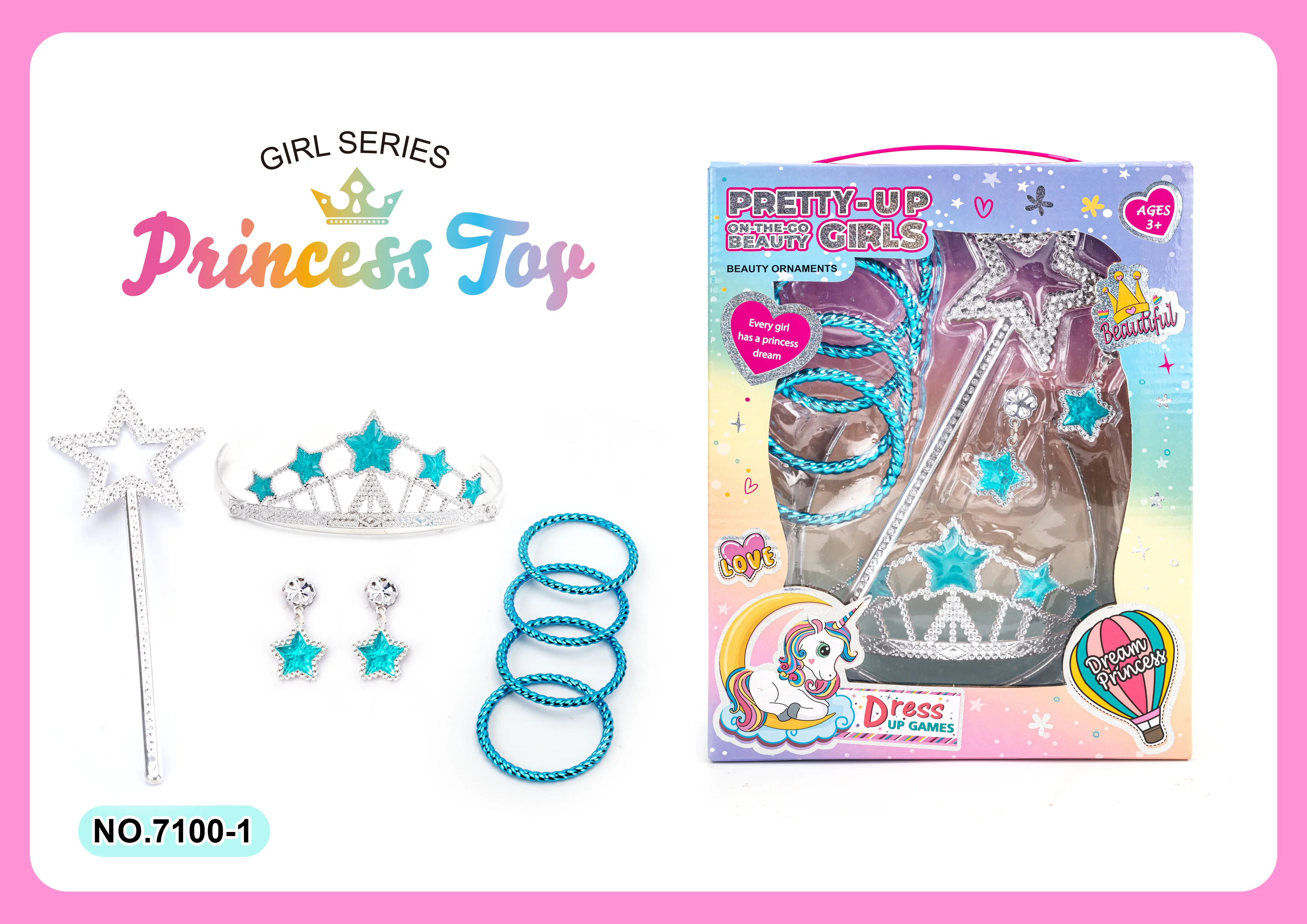Unraveling the Price Tag: Why Specialty Stores Command Higher Prices

In the bustling world of retail, specialty stores have carved out a niche for themselves, offering a unique shopping experience that often comes with a higher price tag. This article aims to delve into the reasons behind the higher prices at specialty stores, providing a comprehensive understanding of the factors that contribute to this phenomenon.
- Quality and Exclusivity
The primary reason specialty stores are more expensive is the quality and exclusivity of the products they offer. These stores often carry high-end, unique, or hard-to-find items that aren't available in mainstream retail outlets. The products are often sourced from premium brands or artisans, ensuring superior quality and uniqueness. This exclusivity and quality come at a cost, which is reflected in the price tag.
- Expertise and Personalized Service
Specialty stores often employ knowledgeable staff who are experts in their field. This expertise allows them to provide personalized advice and recommendations, enhancing the shopping experience for customers. The cost of hiring and training such staff is factored into the product prices.
- Store Ambiance and Experience
Specialty stores invest heavily in creating a unique and enjoyable shopping experience. This includes store design, ambiance, and even the shopping bags and packaging. All these elements contribute to the overall shopping experience, making it more enjoyable and memorable for customers. These additional costs are often reflected in the product prices.
- Limited Scale and Higher Operating Costs
Unlike big-box retailers, specialty stores operate on a smaller scale. This means they don't benefit from economies of scale, resulting in higher per-unit costs. Additionally, these stores often have higher operating costs, including rent in prime locations, which is passed on to the customer in the form of higher prices.
- Marketing and Branding
Specialty stores often invest heavily in marketing and branding efforts to differentiate themselves from mainstream retailers. This includes high-quality advertising, social media campaigns, and other promotional activities. These costs are factored into the pricing of their products.
- Ethical and Sustainable Practices
Many specialty stores prioritize ethical and sustainable business practices, such as fair trade, organic production, and eco-friendly packaging. While these practices are beneficial for the environment and society, they often come with higher costs, which are reflected in the product prices.
In conclusion, while specialty stores may seem more expensive at first glance, the higher prices often reflect the quality, exclusivity, and enhanced shopping experience they offer. Understanding these factors can help consumers make informed decisions and appreciate the value they receive when shopping at these stores.


